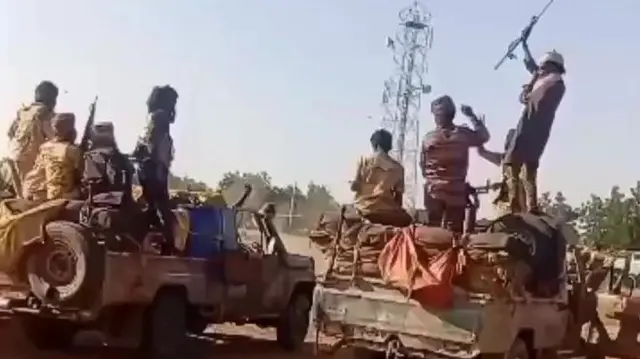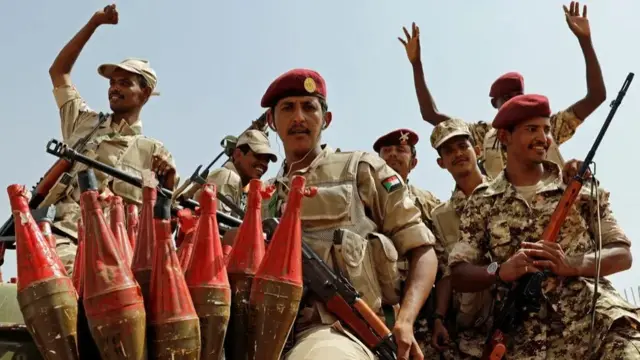A devastating humanitarian toll as RSF takes control of el-Fasherpublished at 16:55 GMT 28 October
"We suffered greatly in el-Fasher," were the comments of one man who has fled the city as the paramilitary Rapid Support Forces (RSF) declared control of it amid a civil war that has been raging in Sudan for over two years.
He is one of a number of people who have spoken with the BBC about their experiences in the war-torn country.
It comes as the United Nations raises concerns about the humanitarian situation and alleges that war crimes are being perpetrated on both sides of the conflict.
The war comes with an immeasurable human toll.
Residents of el-Fasher have described a news blackout from the city. Those who flee are struggling to contact loved ones. Some have seen their relatives killed in front of them.
"We are deeply worried... We don’t know what we can possibly do," a man with family in el-Fasher told the BBC earlier.
We'll be ending our live coverage shortly - but you can keep up to date with the situation in our news story.



